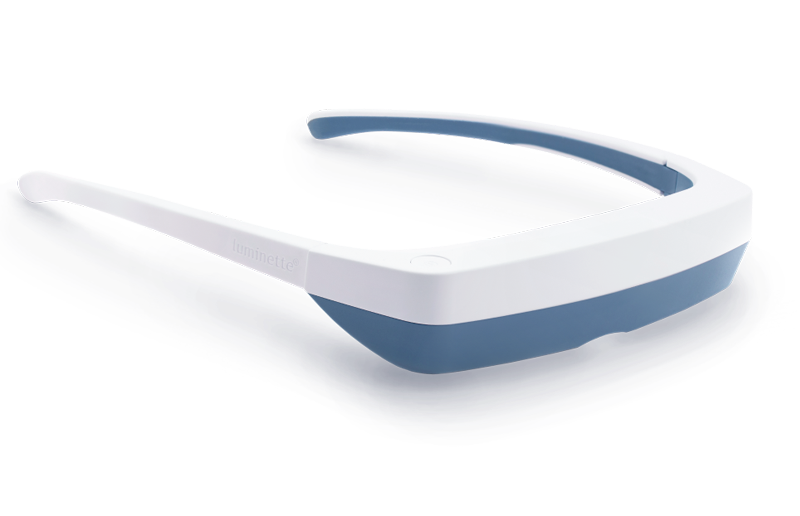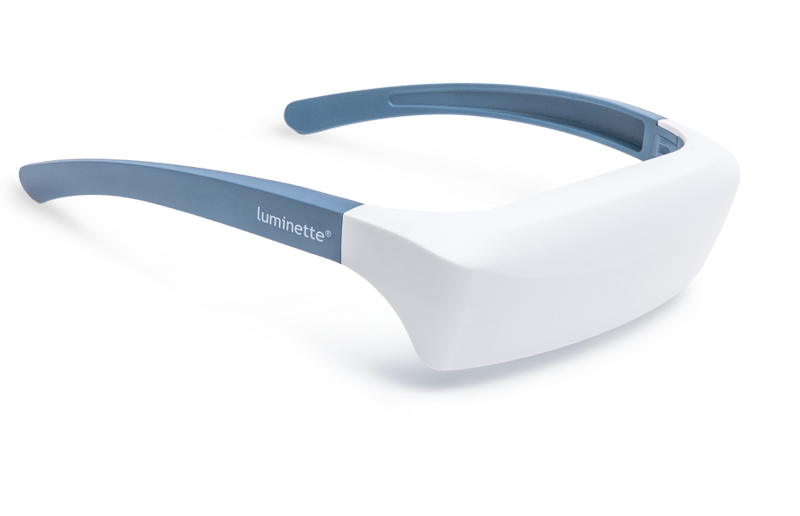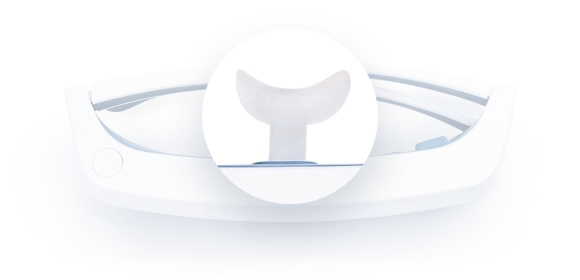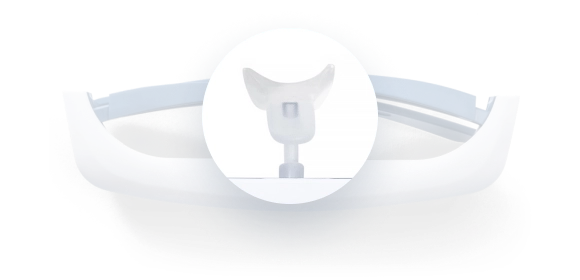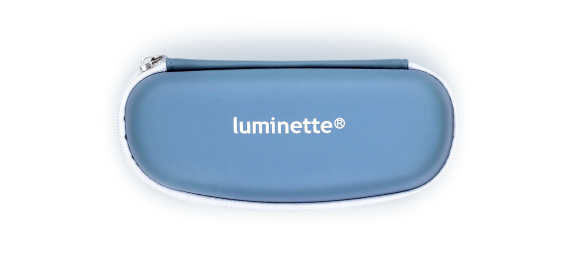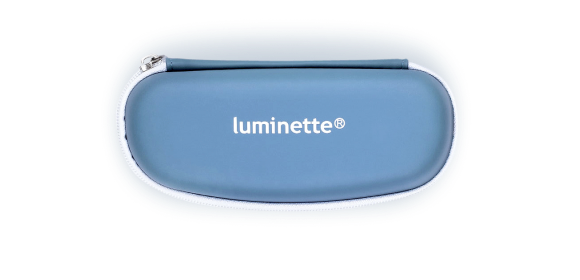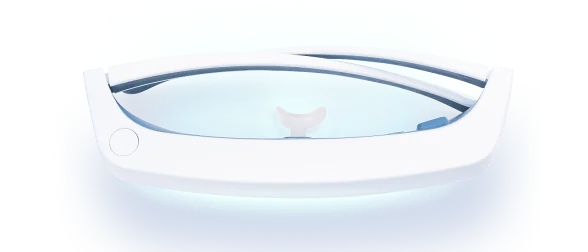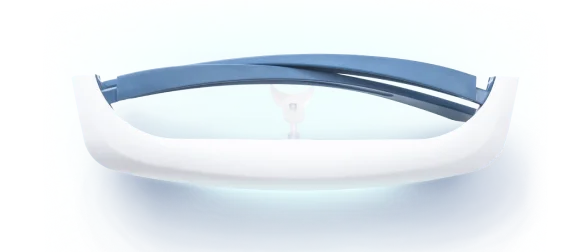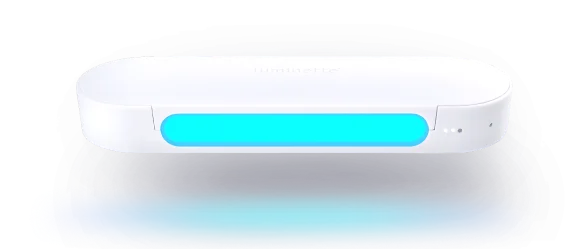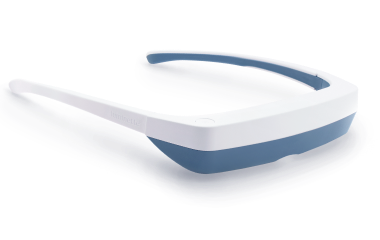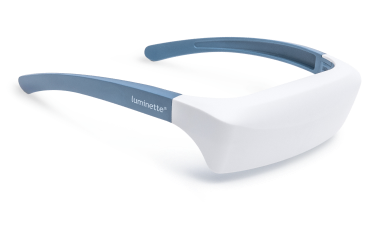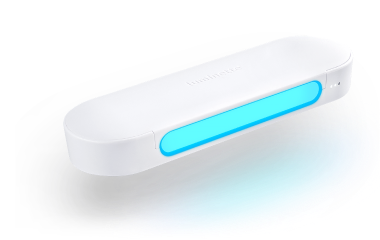Molte persone usano indiscutibilmente i cuscini come parte della loro routine del sonno, ma sapevi che dormire senza cuscino potrebbe portare a un sonno migliore?
I benefici di dormire senza cuscino vanno oltre la prevenzione del dolore frequente a schiena e collo. Altri benefici per la salute possono includere una postura migliore e una pelle più sana. Sebbene l'approccio non sia universalmente vantaggioso e dipenda dalla tua posizione durante il sonno, presenta vantaggi che vale la pena considerare.
Questo articolo discuterà i benefici e i difetti di questo approccio e offrirà approfondimenti se sei interessato a esplorare uno stile di vita senza cuscino!
Vantaggi del dormire senza cuscino
Anche se dormire senza cuscino può sembrare insolito, offre diversi benefici che possono migliorare la qualità del sonno e la salute generale. Alcuni dei benefici includono:
Miglior allineamento spinale e postura
La posizione in cui dormi può influenzare la postura. Per esempio, dormendo a pancia in giù devi girare la testa di lato, causando stress al collo.
I cuscini tradizionali sollevano troppo la testa, aumentando l'angolo cuscino-collo, facendo piegare il collo in modo innaturale e mettendo pressione eccessiva sulla colonna.
Questo disallineamento può causare disagio e modifiche nella postura. Dormendo senza cuscino, la colonna vertebrale si riposa in una posizione più neutra, riducendo lo stress sul collo.

posizione neutraSe dormi di lato o sulla schiena, hai bisogno di un cuscino sottile per mantenere la colonna in posizione neutra. Se dormi di lato, potresti aver bisogno di un cuscino più alto per colmare lo spazio tra testa e spalle.
Dormire sulla schiena crea uno spazio più piccolo tra testa e materasso; quindi serve un cuscino molto sottile.
Chi dorme sulla schiena può anche sviluppare apnea ostruttiva del sonno se usa un cuscino particolarmente spesso.
Quindi, dormire senza cuscino aiuta la postura? Potrebbe essere utile se dormi a pancia in giù, ma non tanto se dormi di lato o sulla schiena.
Riduzione del dolore a collo e schiena
Se dormi in una posizione scorretta o tendi a mantenere la stessa posizione a lungo, puoi stressare la colonna vertebrale, causando dolore al collo.
Sebbene i cuscini dovrebbero alleviare questa tensione mettendo la colonna in posizione neutra, in alcune situazioni possono avere effetti opposti.
Dormire senza cuscino è vantaggioso per chi dorme a pancia in giù. Un cuscino può creare un angolo scomodo tra colonna vertebrale e testa, aumentando il rischio di stiramenti e dolori.

Se dormi su un materasso più morbido che permette al corpo di assumere una posizione più neutra, potresti voler dormire senza cuscino, anche se dormi sulla schiena.
Come regola generale, osserva come è posizionata la tua testa rispetto alla colonna vertebrale quando sei sdraiato sulla schiena. Se testa e collo sono leggermente sopra la colonna, non hai bisogno di un cuscino.
Quindi, i cuscini fanno male al collo? Sì e no. Se dormi a pancia in giù, è meglio senza cuscino, ma se dormi sulla schiena o di lato, un cuscino più sottile potrebbe prevenire problemi a collo e schiena.
Potrebbe piacerti anche: Come ottenere più sonno REM.
Pelle e capelli migliorati
Un altro vantaggio del non usare un cuscino potrebbe essere un miglioramento della pelle e dei capelli. Sebbene le prove scientifiche siano limitate, c'è un argomento a favore del fatto che i cuscini aumentino le rughe facciali.
Se dormi a pancia in giù o di lato, il viso è premuto contro il cuscino, aggravando la formazione di rughe.
Quando dormi su un cuscino, si creano più impressioni sulla pelle, poiché un cuscino è molto più morbido di un materasso. Questo potrebbe portare a un aumento delle rughe sul viso.
Alcune persone presentano prove aneddotiche che dormire su un cuscino potrebbe danneggiare i capelli, anche se nessuno studio scientifico lo dimostra.
La teoria principale è che i cuscini di cotone creano attrito e assorbono gli oli naturali dai capelli, lasciandoli fragili e soggetti a rottura.
Se ti muovi molto e vedi molti capelli attaccati al cuscino al mattino, potresti fare meglio a non usare il cuscino.
Se usi cuscini morbidi, assicurati di lavare frequentemente la federa. Può essere un terreno fertile per i batteri e peggiorare l'acne. Inoltre, una federa di seta potrebbe essere un'opzione migliore di una di cotone.
Quindi, dormire senza cuscino fa male alla pelle e ai capelli? Beh, la risposta dipende da come dormi. Per chi dorme a pancia in giù o di lato, rinunciare al cuscino potrebbe essere un'opzione migliore.
Svantaggi del dormire senza cuscino
I cuscini sono progettati per supportare il collo e la testa e mantenere la colonna vertebrale neutra. Pertanto, dormire senza o usare il cuscino sbagliato potrebbe essere controproducente per alcune persone.
Ecco alcuni svantaggi del dormire senza cuscino:
Cattivo allineamento della colonna vertebrale
Se dormi di lato o sulla schiena, hai bisogno di un cuscino per mantenere la colonna vertebrale neutra, poiché c'è uno spazio tra la parte centrale che sostiene il peso e la tua testa.
Se questo spazio non è supportato da un cuscino, la tua colonna cervicale potrebbe dover sopportare il peso maggiore.
Quindi, i cuscini fanno male al collo? Sì, ma solo per chi dorme a pancia in giù.
Aumento del mal di schiena
Quando la colonna vertebrale non è nella posizione naturale durante il sonno, si creano punti di pressione intensa nella schiena, causando dolore. Quindi, se ti chiedi, dovrei dormire senza cuscino? La risposta è sì, specialmente per chi dorme a pancia in giù o sulla schiena e si sveglia con mal di schiena.

Aumento del dolore al collo
Se dormi di lato o sulla schiena, non usare un cuscino potrebbe causare un'iperestensione dei muscoli del collo, aumentando le probabilità di dolore e fastidio al collo.
Alcune persone potrebbero anche soffrire di emicranie da tensione se trascorrono molto tempo dormendo di lato senza un cuscino.
Quindi, è sicuro dormire senza cuscino? Se provoca disallineamento della colonna vertebrale, allora sicuramente no. La decisione di usare o meno un cuscino dipende da come dormi. Valuta il tuo schema di sonno prima di abbandonare il cuscino o di iniziare a usarne uno.
Come iniziare a dormire senza cuscino
Può essere difficile smettere improvvisamente di usare un cuscino se lo usi da molto tempo. Il modo migliore per abituarsi a dormire senza cuscino è procedere con calma. Ecco alcuni passaggi che potrebbero aiutarti nella transizione.
Inizia lentamente
Piuttosto che smettere bruscamente di usare il cuscino, fai una transizione più graduale. Sostituisci il cuscino con una coperta morbida piegata o un lenzuolo.
Una volta che ti abitui alla nuova posizione, puoi eliminarlo per dormire completamente senza cuscino.
Valuta le tue posizioni di sonno
Dormire senza cuscino non è una buona idea per tutti. Per esempio, se dormi a pancia in giù, eliminare il cuscino è consigliato.
In questa posizione serve un supporto minimo per il collo, e usare un cuscino potrebbe solo causare problemi. Quindi, è meglio dormire senza cuscino, specialmente per chi dorme a pancia in giù? Assolutamente sì!
La situazione è abbastanza diversa se dormi di lato o sulla schiena. Non dovresti eliminare completamente il cuscino perché in queste posizioni serve un maggiore supporto per i muscoli della testa e del collo.
Tuttavia, usare il cuscino giusto è fondamentale. Scegli un cuscino che non sia né troppo spesso né troppo sottile. Un cuscino ideale è quello che mantiene la colonna vertebrale perfettamente allineata con il collo in una posizione neutra.
Leggi anche: Come progettare la camera da letto ideale per il sonno.
Migliora la qualità del sonno con gli occhiali per fototerapia Luminette
La qualità del sonno che ottieni è essenziale per mantenere la tua salute mentale e fisica. I cambiamenti stagionali influenzano quanto bene e profondamente dormi.
La scarsa qualità del sonno può causare una diminuzione della produttività, il malumore invernale e una sensazione di profonda tristezza, comuni durante i mesi invernali.
La fototerapia con luce bianca arricchita di blu può aiutare a prevenire questi problemi stimolando la risposta positiva del tuo corpo alla luce solare.
Sebbene si possano trovare lampade fisse per la fototerapia, sono scomode e ingombranti. Gli occhiali Luminette® 3 sono una soluzione innovativa che offre tutti i benefici della fototerapia senza interferire con le tue routine quotidiane.
Gli occhiali Luminette® sono un sistema di fototerapia innovativo e brevettato che indossi come degli occhiali. Producono un fascio di luce bianca arricchita di blu che entra nei tuoi occhi in modo naturale, proprio come il sole.
Gli occhiali sono progettati per emettere una luce blu sicura a una lunghezza d'onda di 468 nm, che si è dimostrata la più efficace nel provocare una risposta nel tuo cervello.
Una sessione di 20-30 minuti una volta al giorno può migliorare significativamente la qualità del sonno e aiutarti a sentirti energico durante il giorno.
Luminette 3 occhiali per la terapia della luce sono occhiali innovativi progettati per permetterti di godere di una sessione di terapia della luce mentre svolgi le tue attività abituali. A differenza delle lampade terapeutiche tradizionali, gli occhiali Luminette 3 presentano una sorgente luminosa artificiale che dirige un fascio di luce sicuro nei tuoi occhi senza causare alcun effetto abbagliante o ostacolare la tua visione chiara.
Per usarli, indossa semplicemente gli occhiali e premi un pulsante per attivare la luce, e la tua sessione di fototerapia inizia. Questi occhiali sono facili da usare e compatibili con chi porta occhiali da vista o lenti a contatto, garantendo nessuna interruzione della visione o del comfort.
Con la comodità di Luminette 3, non è più necessario sedersi accanto a una lampada per terapia della luce fissa per 30 minuti ogni giorno. La libertà di muoversi significa che puoi preparare la colazione, immergerti in un libro avvincente, recuperare le tue serie TV preferite, lavorare al computer o fare esercizi leggeri, tutto mentre ricevi la tua esposizione terapeutica alla luce. Che tu sia a casa o in movimento, Luminette 3 offre una soluzione flessibile ed efficiente per integrare la terapia della luce nella tua vita quotidiana.
Conclusione: Dormire senza cuscino può cambiare la tua vita
Il cuscino è integrato nelle nostre routine del sonno a tal punto che l’idea di non usarne uno può sembrare inizialmente assurda. Tuttavia, dati i potenziali benefici, è meglio dormire senza cuscino? Sì, soprattutto se dormi a pancia in giù.
Rinunciare al cuscino potrebbe aiutarti a mantenere un corretto allineamento della colonna vertebrale, migliorare la postura del sonno e alleviare dolori alla schiena e al collo.
Anche se dormire senza cuscino potrebbe non essere utile per tutti, se dormi a pancia in giù potrebbe essere vantaggioso.
Hai bisogno di un sonno di qualità per mantenerti in forma, sia mentalmente che fisicamente. Oltre al letto o al cuscino, anche la luce gioca un ruolo cruciale nel regolare il ciclo del sonno.
Luminette® offre vari dispositivi per la terapia della luce, dagli occhiali Luminette® 3 alla lampada per terapia della luce Drive.
Pronto a migliorare la qualità del tuo sonno con la terapia della luce? Ordina oggi i nostri occhiali Luminette® 3!
FAQ
Come posso ridurre gradualmente il supporto per la testa?
Piuttosto che smettere improvvisamente di usare un cuscino, riduci gradualmente il supporto per la testa. Inizia con una coperta piegata o un lenzuolo. Una volta che ti senti a tuo agio, diminuisci l’altezza aprendo la coperta fino a poter dormire senza cuscino.
Come posso sostenere il resto del corpo con i cuscini?
Mantenere la colonna vertebrale in una posizione neutra è la chiave per un sonno senza problemi. Se dormi a pancia in giù, usa un cuscino sotto lo stomaco o il bacino per mantenere un allineamento neutro della colonna vertebrale. Se dormi sulla schiena, metti un cuscino sotto le ginocchia, e se dormi di lato, tienilo tra le ginocchia. Così facendo sostieni il corpo mentre dormi.
Come scelgo il materasso giusto?
Scegliere il materasso giusto è fondamentale, soprattutto se decidi di rinunciare al cuscino. Se il materasso è troppo morbido, potrebbe non offrire un supporto sufficiente alla tua colonna vertebrale, facendola afflosciare. Se ciò accade per un periodo prolungato, può causare mal di schiena. Scegli un materasso che non sia né troppo morbido né troppo duro.
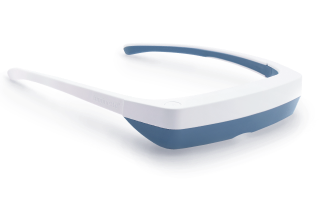
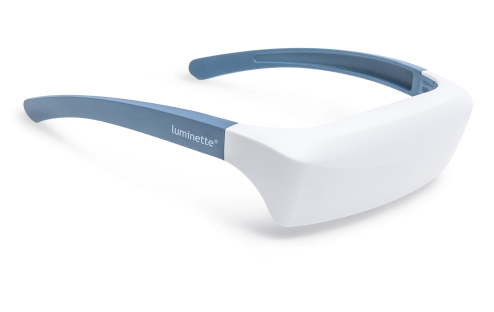
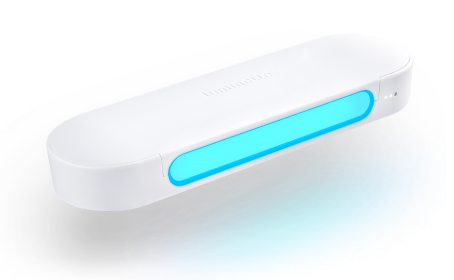
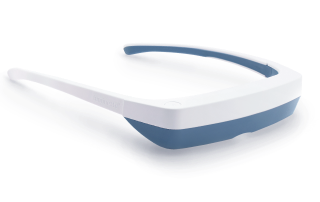
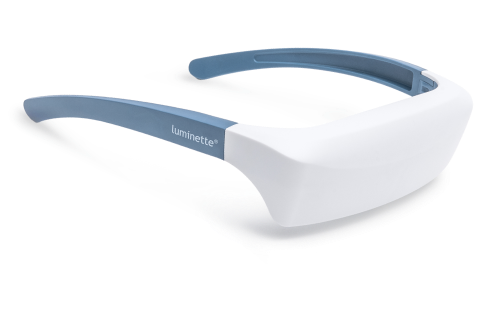
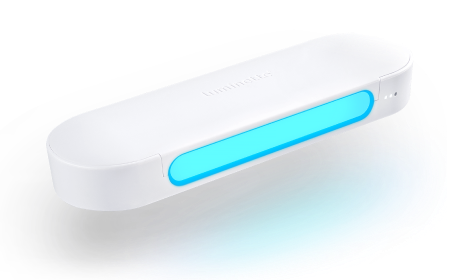
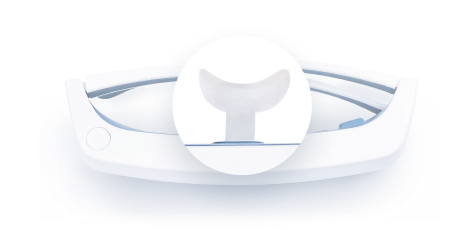
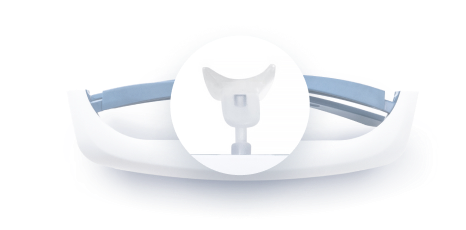
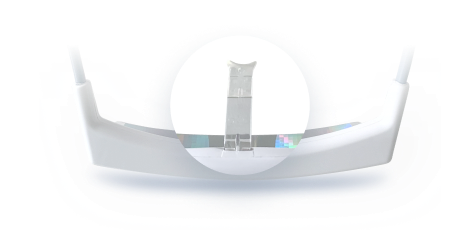
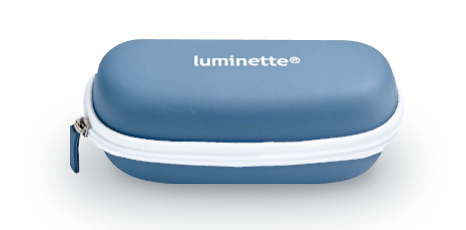
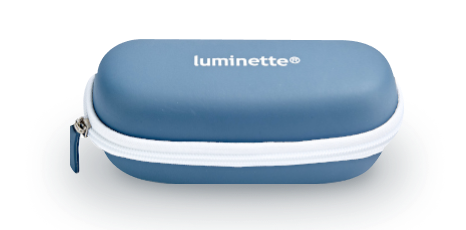





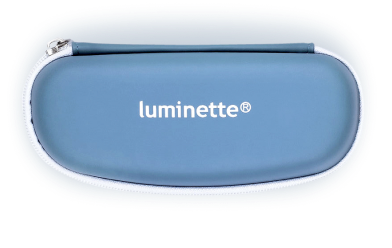
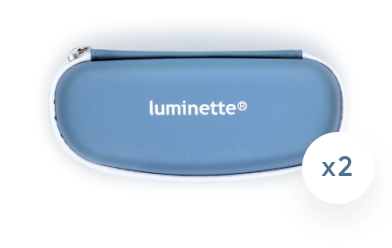
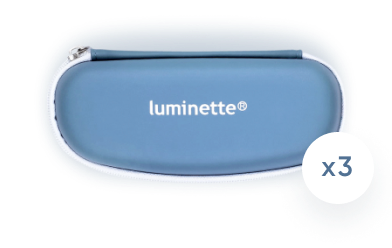
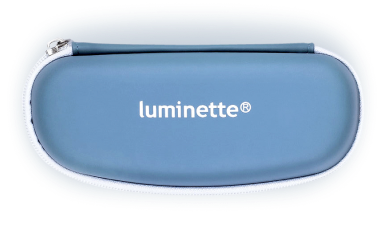
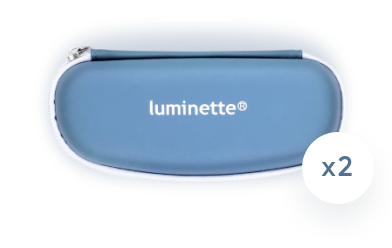
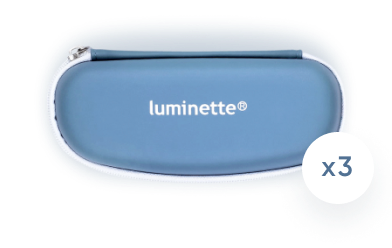
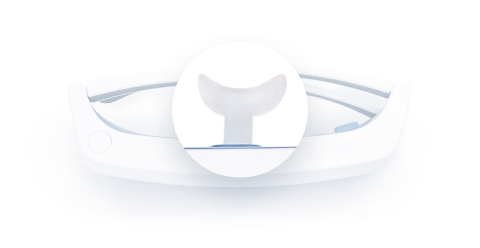
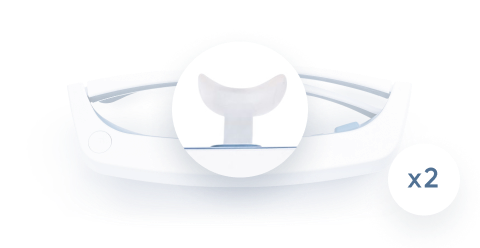
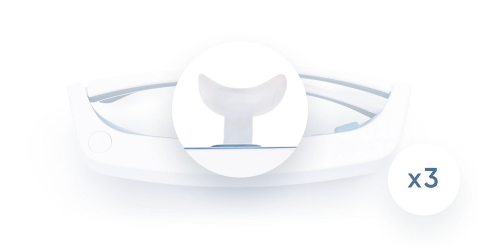
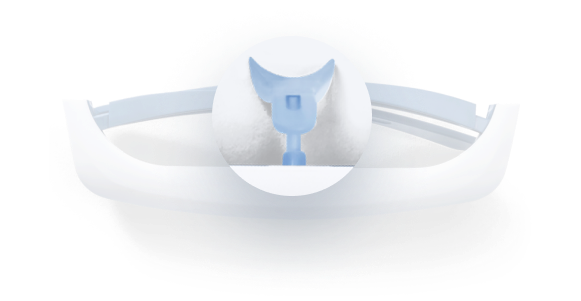
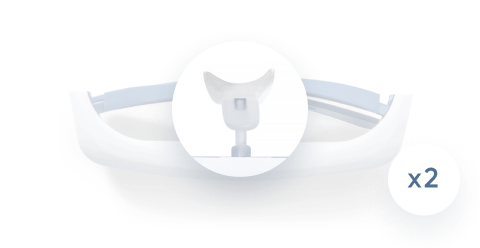
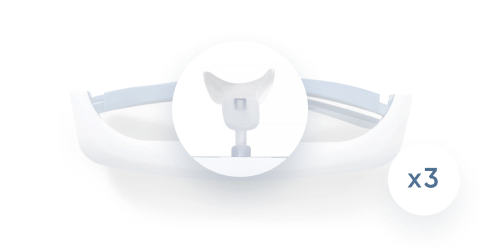
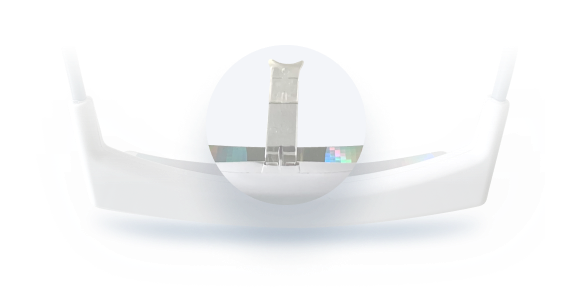
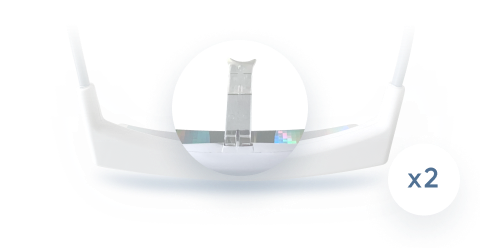
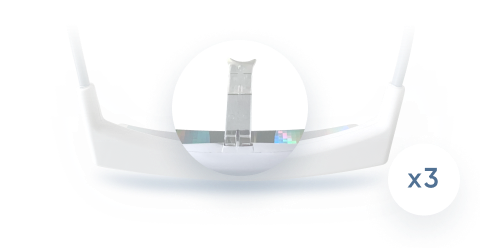
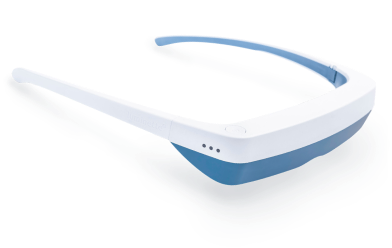
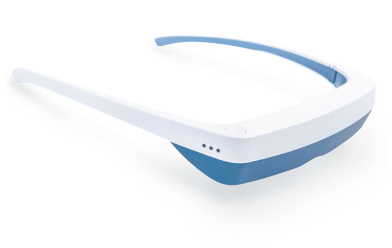
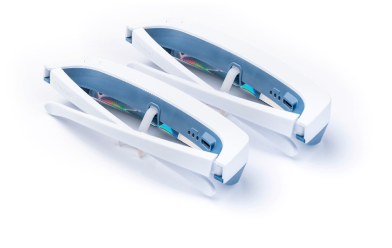
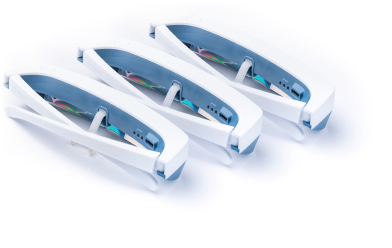
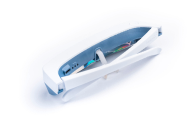
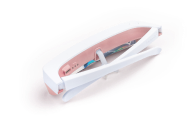
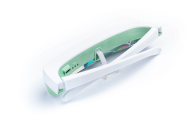
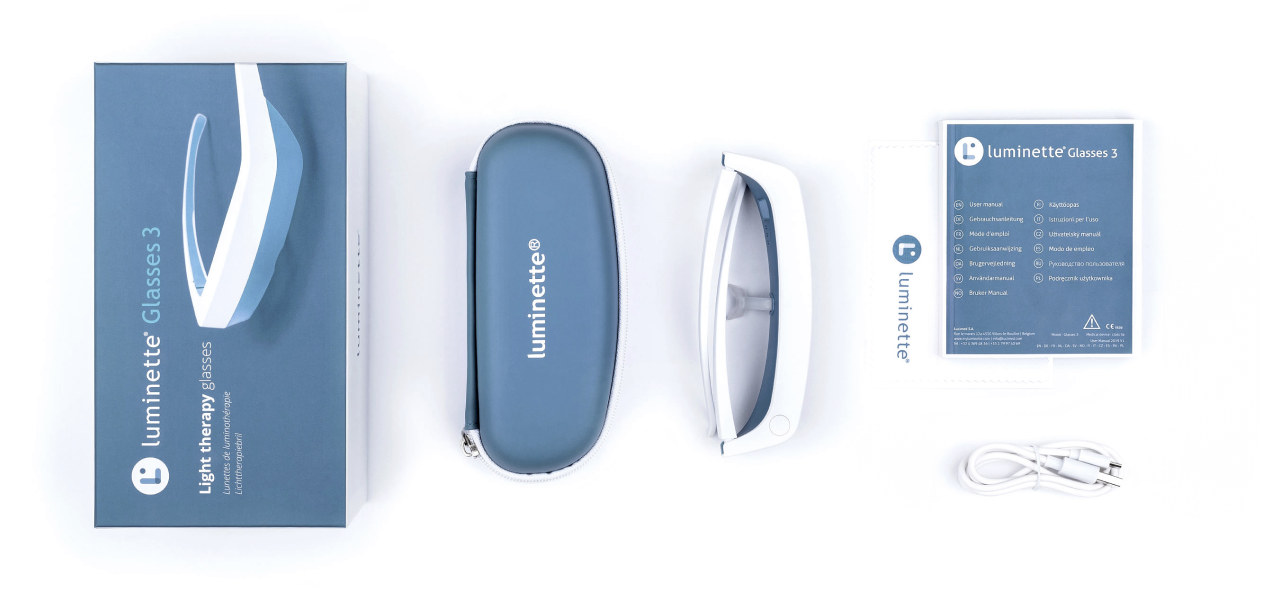
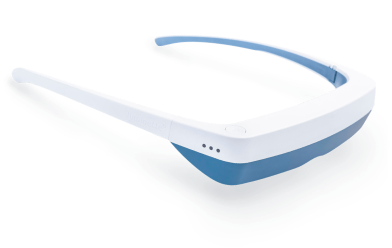
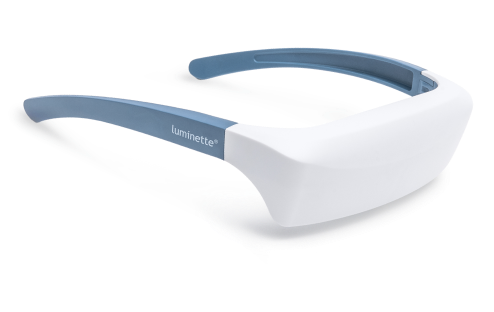
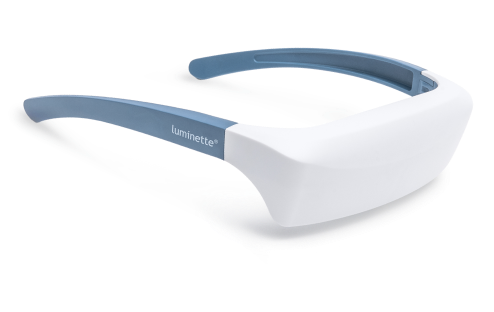
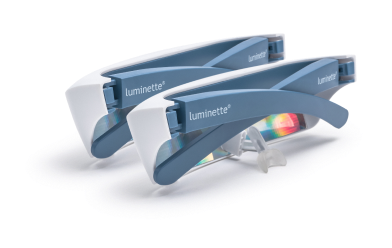
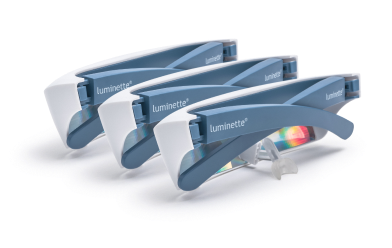
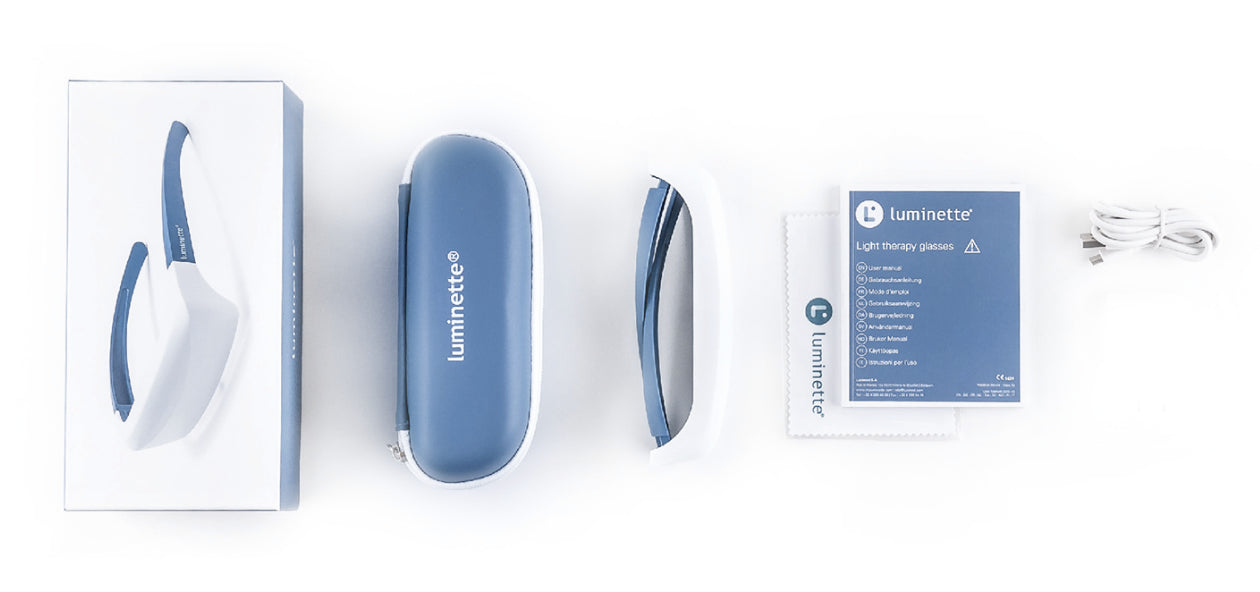
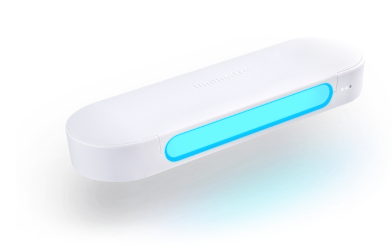
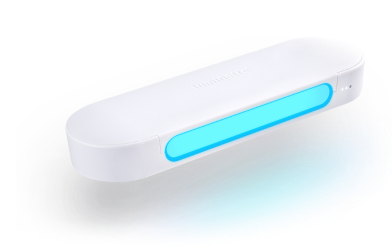
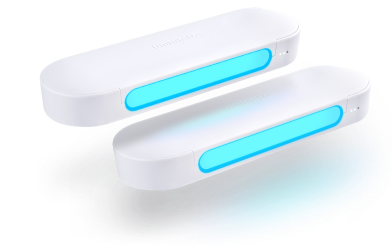
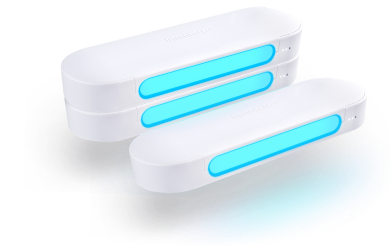
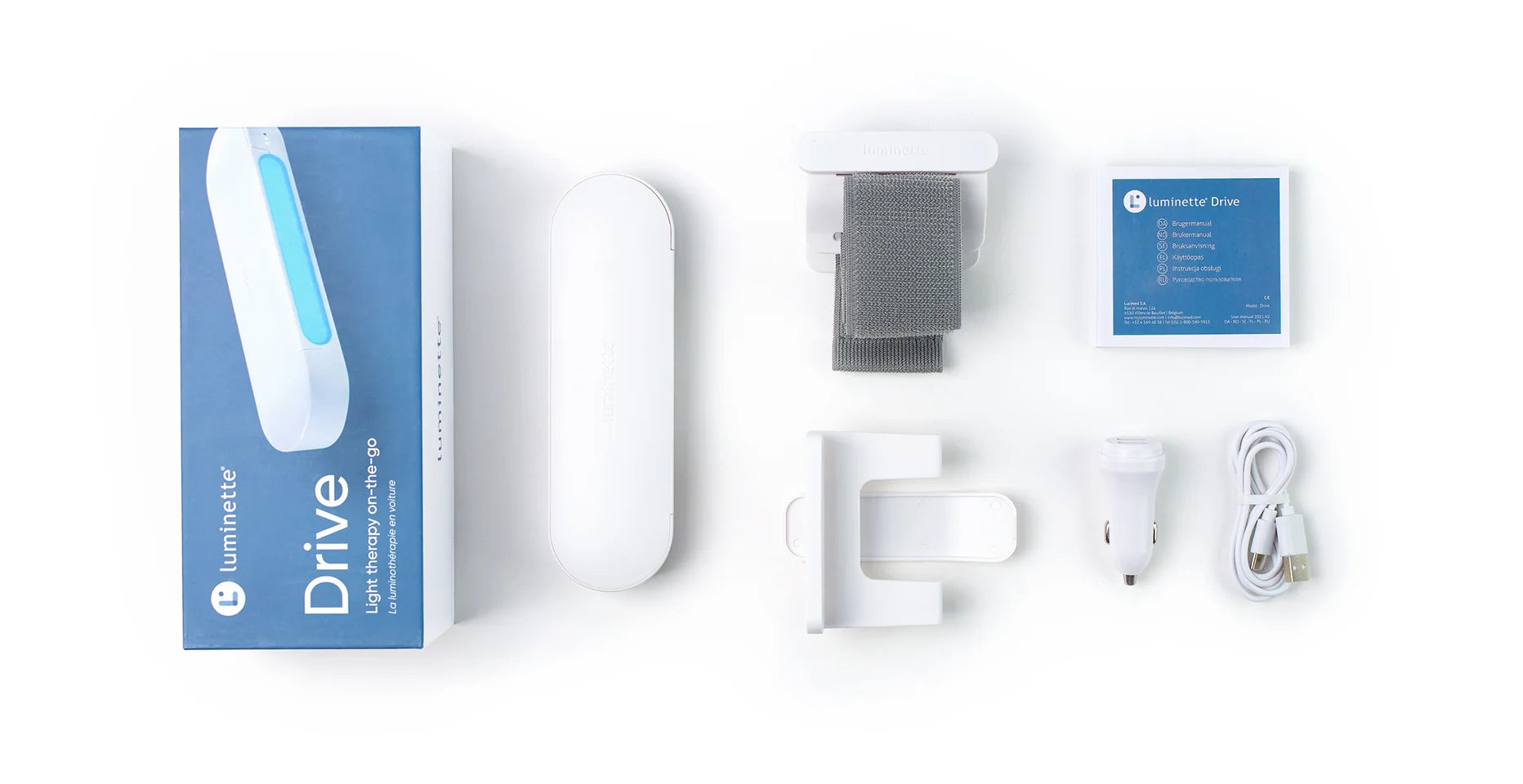

 Please note
Please note



